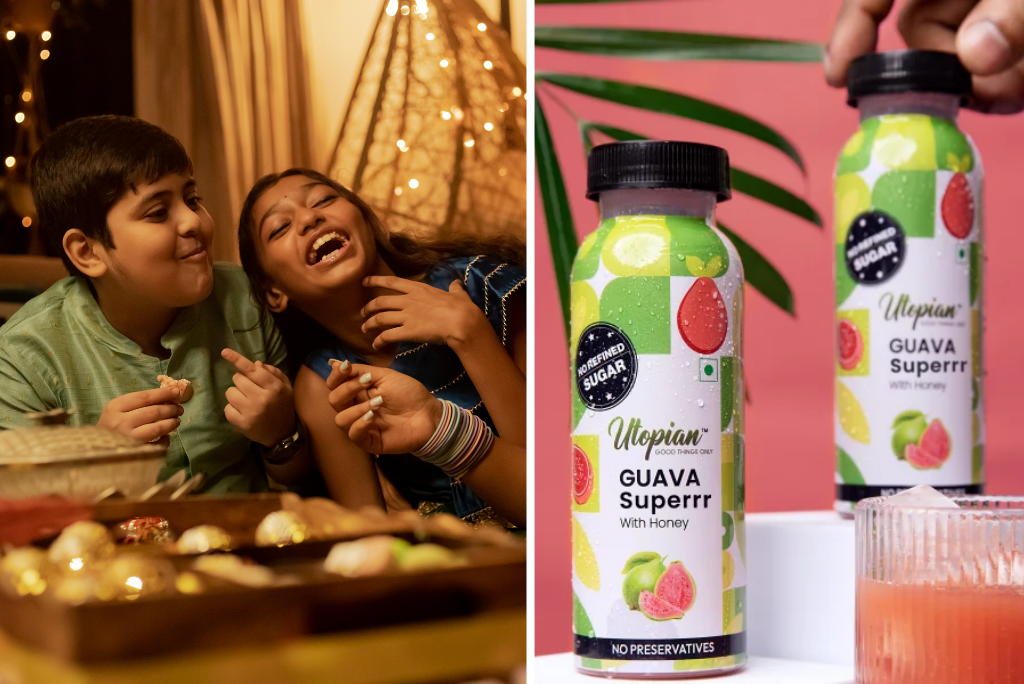
The Silent Struggle of Urban Working Mothers in India’s Metro Cities
The Silent Struggle of Urban Working Mothers in India’s Metro Cities
Being a working mother in India’s metro cities—Mumbai, Delhi, Bangalore, and Pune—is both empowering and exhausting. On one hand, urban women are highly educated, ambitious, and active contributors to the economy. On the other, they grapple every day with guilt, exhaustion, and the weight of societal expectations.
The guilt of leaving children at home while pursuing professional ambitions is not just momentary—it’s a chronic struggle rooted in culture, infrastructure gaps, and the demands of urban life.
The Cultural Roots of Guilt
Motherhood in India has long been celebrated as the highest form of womanhood. A “good mother” is expected to be ever-present, caring, and self-sacrificing. For working women, this expectation becomes nearly impossible to meet.
In metro cities, women face pressure to excel at their jobs while also being perfect caregivers. Families, workplaces, and communities often reinforce this standard, leading to what experts call the “maternal wall”—a barrier where career progress stalls because of assumptions about caregiving.
Much like how modern families are moving toward healthier lifestyle choices—such as switching to No sugar drinks for diabetics and low calorie drinks non alcoholic beverages—there is also a growing need to shift cultural narratives about motherhood. Both require replacing outdated habits with sustainable, balanced choices.
The Childcare Catch-22
Urban working mothers face a stark dilemma: pursue their careers or stay at home with children. Studies show that despite access to education and opportunities, female workforce participation in Indian cities remains below 25%, with childcare being one of the biggest barriers.
Formal childcare options are often expensive or unreliable. In Delhi, 60% of women quit their jobs after childbirth, citing overwhelming household and childcare responsibilities. Even those who return often drop out again within months because of the unsustainable triple burden:
- Managing professional work,
- Handling household chores,
- Being primary caregivers.
This cycle mirrors other urban lifestyle traps. Just as people fall back on sugary sodas instead of choosing No sugar drinks for diabetics or low calorie drinks non alcoholic options, many households fall back on unequal gender roles instead of adopting shared caregiving.
Emotional and Mental Health Struggles
The emotional toll on urban mothers is significant. In one survey, 42% of working mothers reported feeling depressed often, highlighting how guilt and exhaustion take a toll on mental health.
The stress is multi-layered: anxiety about missing milestones, fear of social judgment, and the burnout of constantly juggling too many roles. Urban commutes and long working hours only worsen the problem.
Coping mechanisms are emerging—therapy, mindfulness, and peer support groups. Many mothers compare this self-care to making healthier dietary swaps, like choosing No sugar drinks for diabetics or low calorie drinks non alcoholic beverages over unhealthy sodas. Both are steps toward long-term balance, but they still don’t address the systemic causes of the problem.
Urban Pressures That Intensify the Struggle
Metro life magnifies the challenges of motherhood:
- Commuting: Two to four hours lost in daily traffic means less time with children.
- Workplace culture: Late hours and weekend demands leave little flexibility.
- Inadequate childcare facilities: Company crèches exist but remain patchy.
- Gender imbalance at home: Men spend just 29 minutes a day on childcare, while women average over five hours.
These imbalances force mothers to shoulder most responsibilities, while their careers suffer. It’s similar to how the beverage industry once normalized sugary, calorie-heavy drinks until consumers demanded better choices like No sugar drinks for diabetics and low calorie drinks non alcoholic alternatives. Structural change happens only when culture and demand shift together.
Toward Change: Structural and Cultural Solutions
The way forward requires more than individual coping—it demands systemic and cultural change.
Structural Reforms
- Affordable childcare: Governments and businesses must invest in reliable centers across metro neighborhoods.
- Workplace flexibility: Remote work, parental leave, and hybrid schedules should be the norm.
- Policy support: Paternity leave and broader parental benefits can normalize shared caregiving.
Cultural Shifts
- Shared responsibility: Fathers must become equal participants in childcare.
- New narratives: Media and society need to celebrate diverse models of motherhood.
- Support networks: Peer groups of mothers can provide resources, mentorship, and emotional support.
Just as lifestyle shifts toward No sugar drinks for diabetics and low calorie drinks non alcoholic beverages reflect a broader health movement, redefining caregiving roles can spark a cultural transformation in urban India.
The guilt carried by urban working mothers is not just personal—it is cultural, structural, and deeply embedded in India’s urban fabric. Women are encouraged to be educated and ambitious, yet punished when caregiving responsibilities collide with professional demands.
The way forward lies in a dual transformation: better childcare infrastructure and more equitable cultural expectations. Only then can working mothers be free of chronic guilt and thrive both at home and at work.
And just like shifting from sugary sodas to No sugar drinks for diabetics and low calorie drinks non alcoholic choices, this change is about creating healthier, more sustainable futures—not just for mothers, but for entire families and society.







